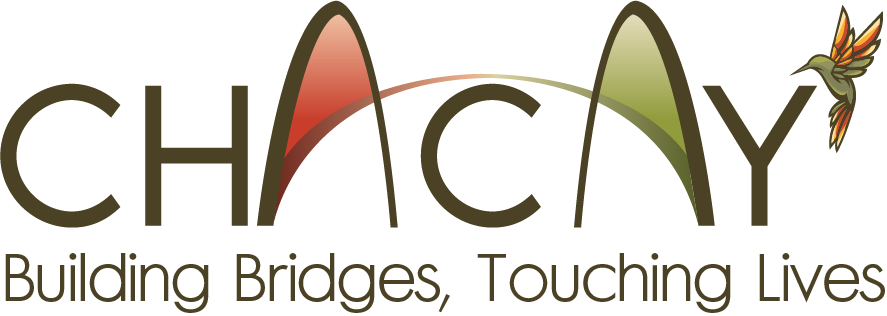ACTIVITIES
NEXT EVENTS
OPPORTUNITIES IN 2025
Join us in the coming year to address some of the major challenges Ecuador has had to face in 2024, especially the drought, an inadequate energy grid, and the impact of extended blackouts on the national and local economies. Possibilities include
Donate Now !
HELP US
We want to improve opportunities by investing in Infrastructure (Energy and Connectivity), Capacity Building and Entrepreneurship in Ecuador and the Galapagos Islands, in collaboration with schools and universities, municipalities, ministries and the private sector, focusing on self selected communities, especially tourist destinations.











